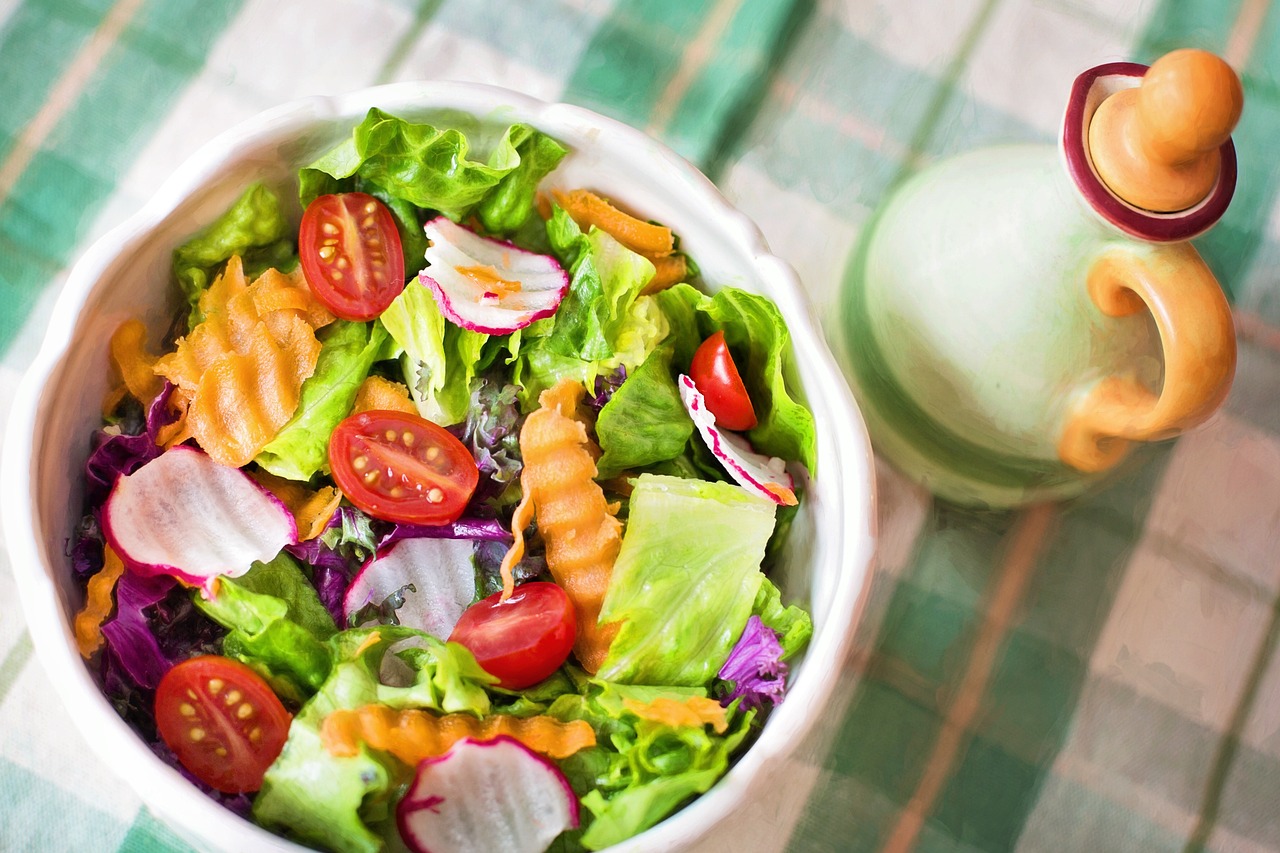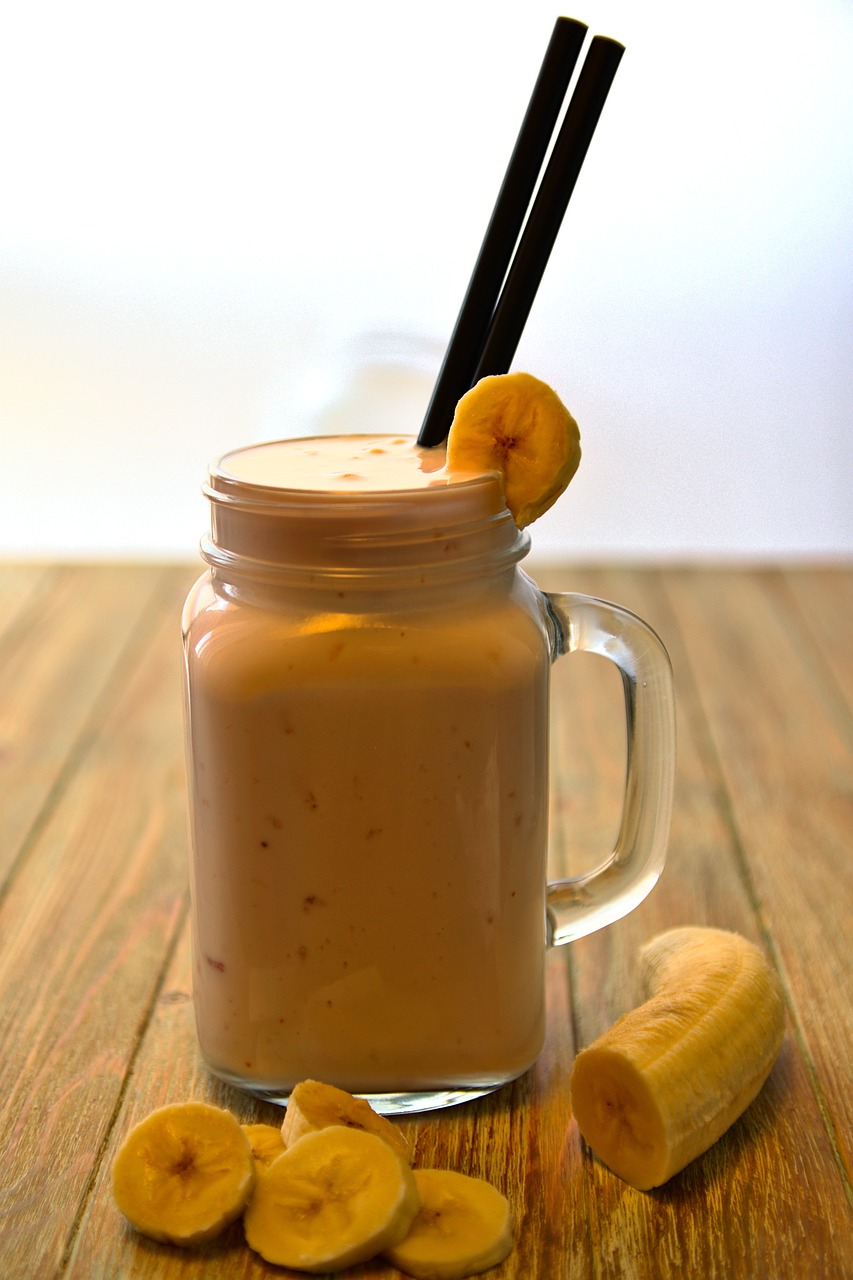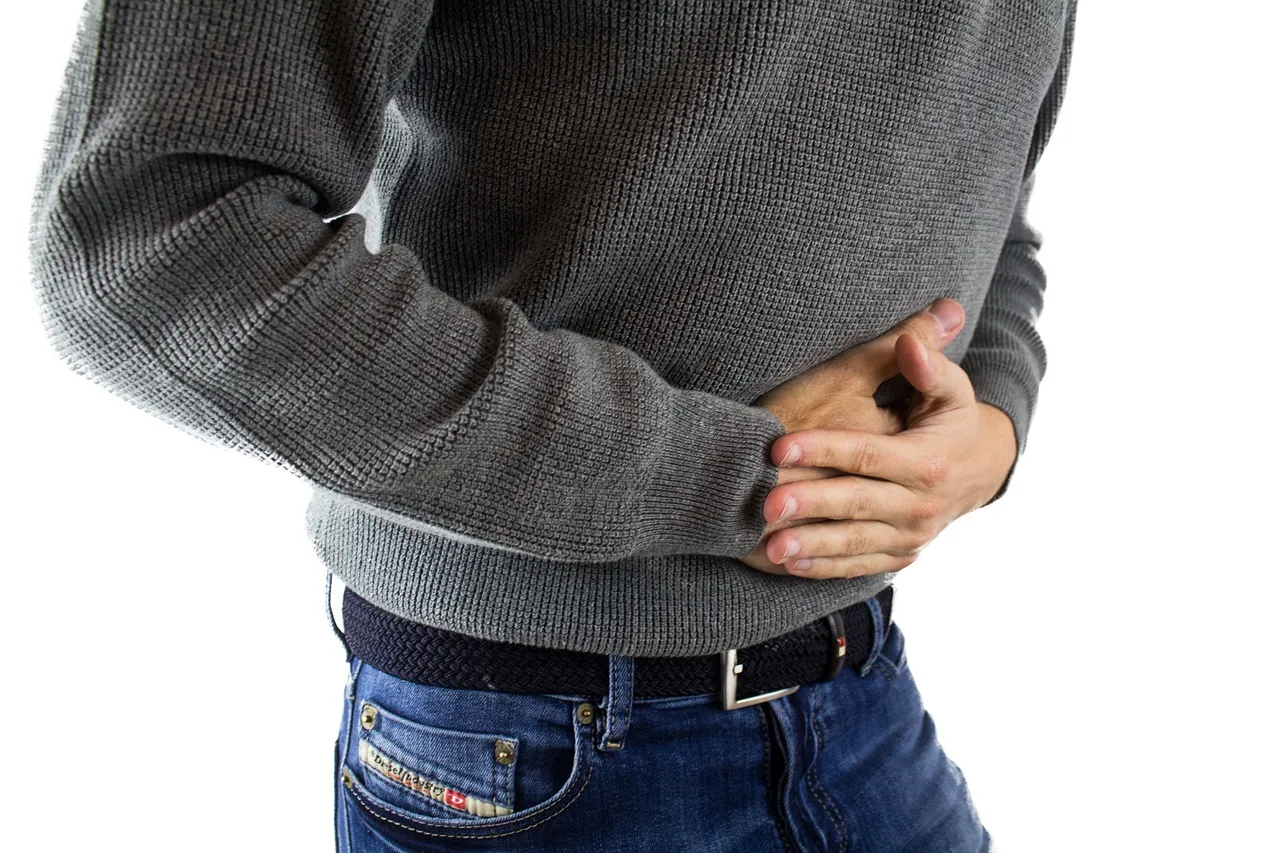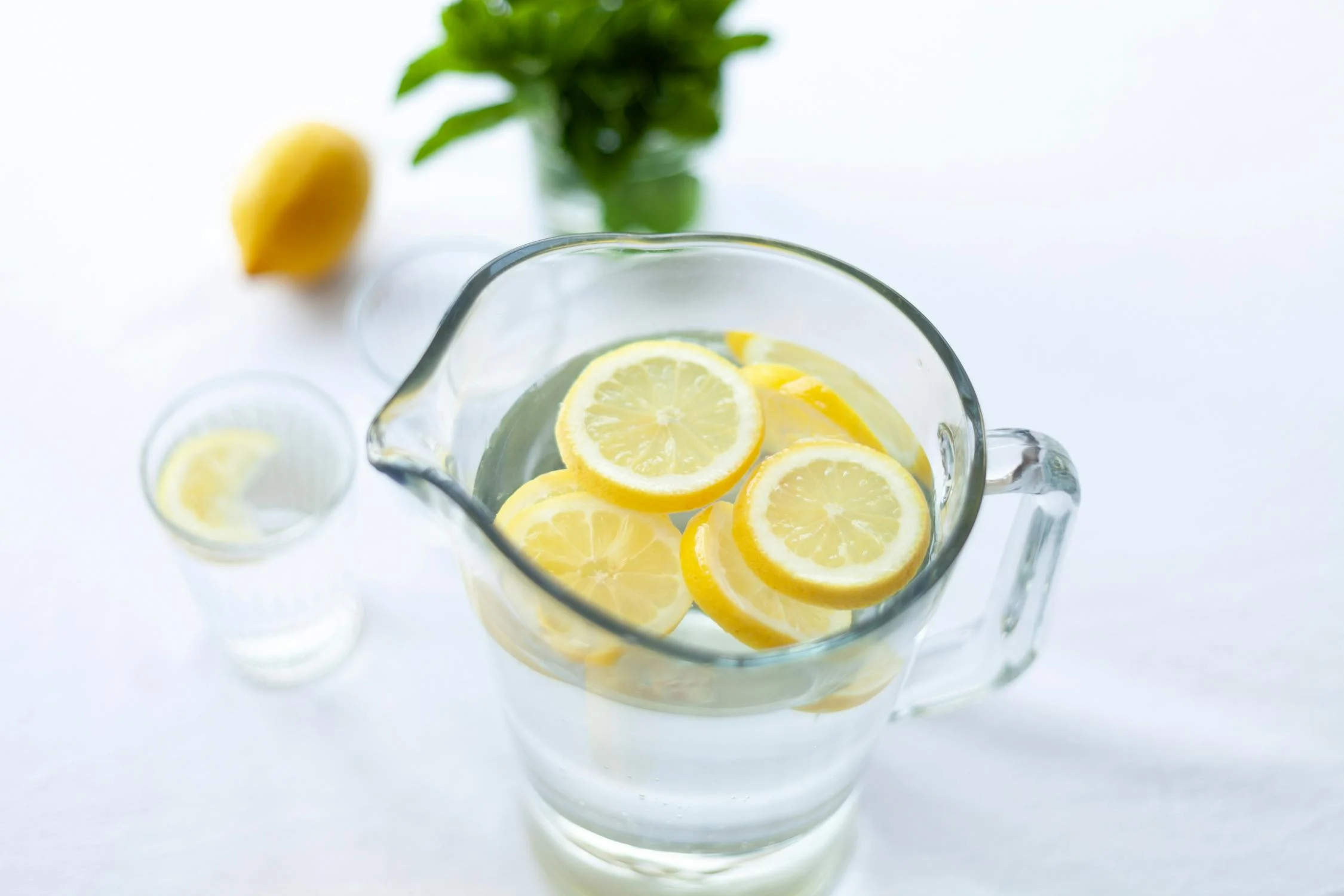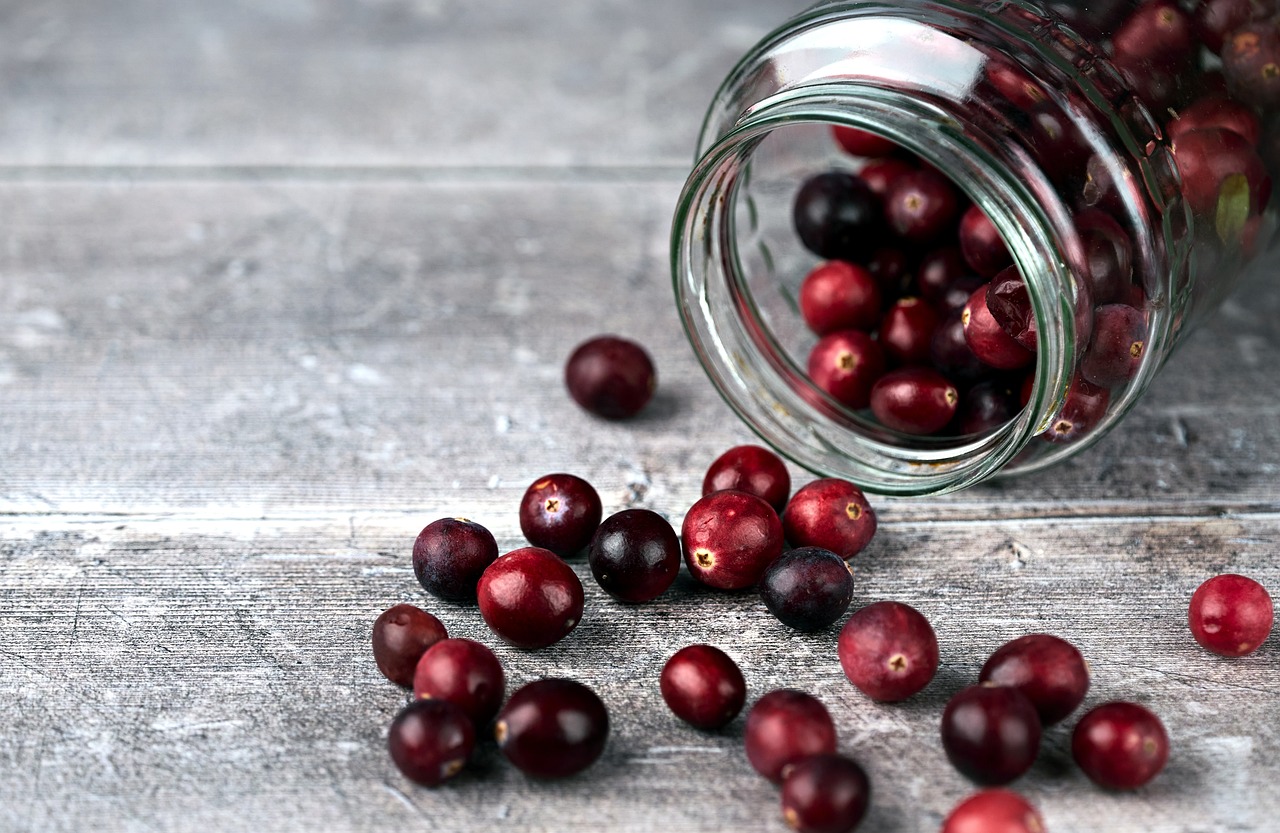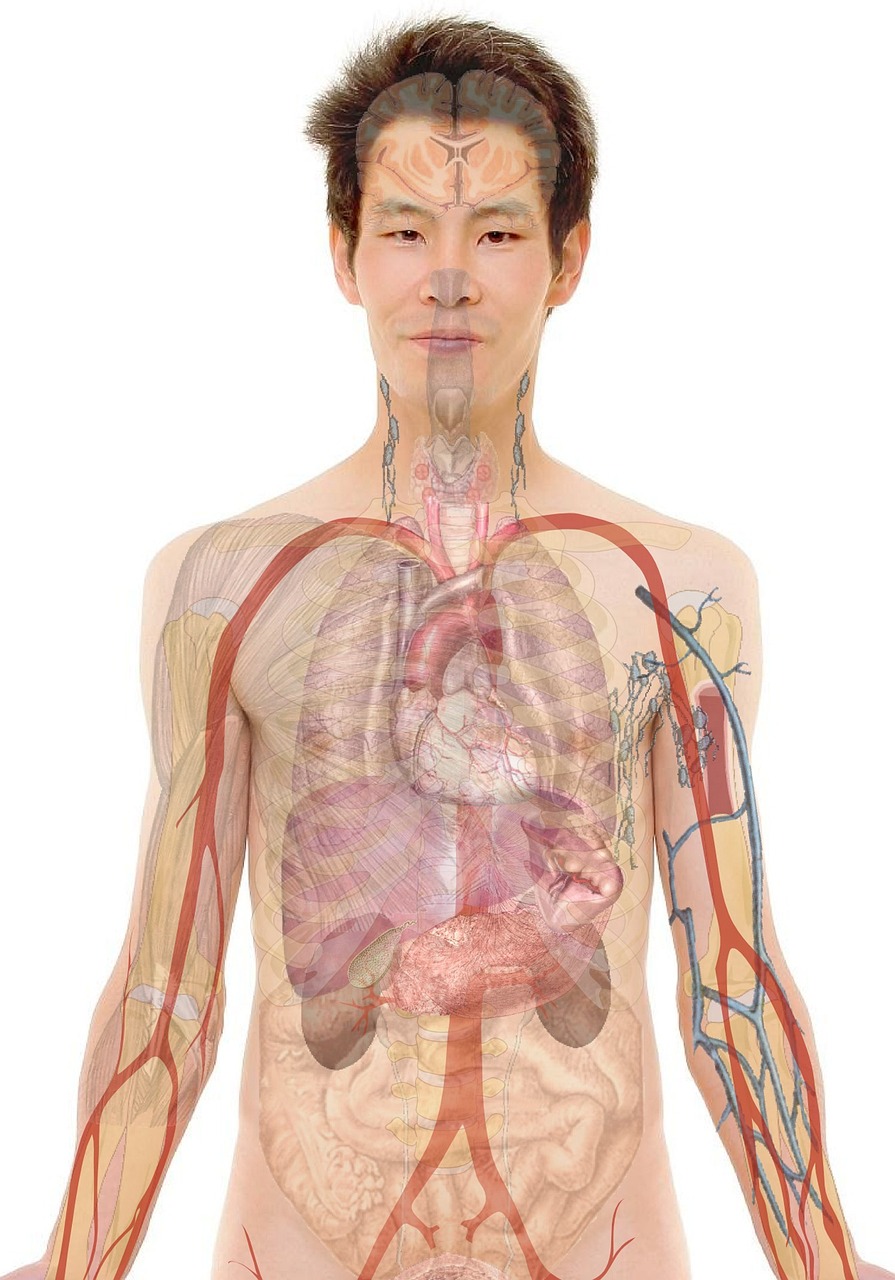If you’re dealing with kidney issues due to diabetes, obesity, or high blood pressure, it can affect how your kidneys work. Kidneys do important jobs like cleaning blood, balancing stuff in your body, and controlling blood pressure.
But when they don’t work well, your body can’t get rid of extra fluids and waste properly. Thus, you need to be on a special diet because of kidney problems, it’s crucial to follow a diet that helps you feel better and stay healthy. I’m here to guide you from my past 20 years of experience.
What is a kidney-friendly diet?
A kidney-friendly diet is tailored to support kidney health and function, typically for individuals with kidney disease or other kidney-related issues.
It often involves controlling the intake of certain nutrients like sodium, potassium, and phosphorus while ensuring adequate intake of protein and other essential nutrients. Such a diet aims to reduce strain on the kidneys and maintain overall health.
Dialysis patients have a special need to manage their protein intake for two main reasons:
- Waste Product Removal: Healthy kidneys filter waste products from the blood, including those from protein breakdown. In dialysis, a machine does the filtering, but it’s not perfect. Dialysis can remove some protein along with the waste products.
- Protein for Building and Repair: Protein is crucial for building and repairing tissues, making enzymes, and supporting a healthy immune system. Dialysis patients still need protein for these vital functions.
So, it’s a balancing act. Here’s a breakdown:
- Too Little Protein: If a dialysis patient doesn’t consume enough protein, their body will start breaking down muscle tissue for protein, leading to weakness and malnutrition.
- Too Much Protein: If they consume too much protein, it creates more waste products for the already struggling kidneys or dialysis machine to handle. This can put a strain on the system and potentially lead to health problems.
- The Right Amount: The recommended protein intake for dialysis patients is typically higher than for people with functioning kidneys, often around 1.2-1.3 grams of protein per kilogram of body weight per day.
If you’re on dialysis, your diet should be planned properly with certain foods and fluids to prevent the build-up of wastes in your body.
Too much salt can also cause problems like high blood pressure, swollen ankles, and trouble breathing due to fluid build-up in the heart and lungs. So, it’s a good idea to reduce the amount of table salt and high-sodium seasonings you use in your food. This way, you’re helping your kidneys stay healthy and avoiding extra stress on your body.
| Foods Good for Kidneys | Foods Bad for Kidneys |
| Fruits (peaches, grapes, pears, apples, berries, pineapple, plums, tangerines, watermelon) | Oranges, orange juice, nectarines, kiwis, raisins, bananas, cantaloupe, honeydew, prunes |
| Grains, Dalia, & oatmeal in moderation | Nuts |
| Olive oil, canola oil, safflower oil | Chocolate |
| Fish, poultry, and eggs | Pickles, tomatoes, dark-colored sodas, processed foods, and ready-to-eat meals |
| Milk, yoghurt, and cheese in moderation | High-fat dairy products |
| Green beans, lettuce, onions, peppers, watercress, zucchini, yellow squash, cabbage, carrots, celery, red pepper, cucumber, eggplant, cabbage, zucchini, yellow squash (to be blanched for dialysis patients) | Asparagus, avocado, potatoes, tomatoes or tomato sauce, winter squash, pumpkin, cooked spinach |
Points to remember
A kidney-friendly eating plan can be life saving for people with kidney issues. Here’s what you should include in your diet:
- Healthy Fats: Choose the right kinds of fats, like the ones in olive oil, to keep your diet good for your kidneys.
- Good Foods: Eat whole grains, fruits, and vegetables. These are healthy choices. Nevertheless, avoid sugary drinks, soft drinks, and hard candies, which are sources of unhealthy carbohydrates.
- Watch the Salt: Avoid foods that have a lot of salt. When your body holds on to too much fluid, you might suffer from swelling and high blood pressure as a result. Packaged foods often have too much salt, so it’s best to limit them in your diet.
By following these tips, you’re helping your kidneys stay healthy and avoiding problems that can come from the wrong kinds of foods.
Kidney-Friendly Eating: Why is it So Important?
A special eating plan for kidney patients is really important to control the illness and stop it from getting worse. This kind of diet stops certain minerals from building up in the body. It also helps in preventing diabetes and high blood pressure, which are common issues for people with kidney problems.
Eating the right way not only gives you energy for your daily activities but also helps your body stay strong, fight off infections, and keeps you at a good weight. So, a kidney-friendly diet is like a tool to help your body stay healthy and avoid more problems.
How Can you Follow a Kidney-Friendly Eating Plan?
To follow a kidney-friendly eating plan, you should make sure to include the right amounts of these nutrients:
- Protein: Eat foods with protein because it gives you energy, helps your body build muscles, and makes you heal faster. For people on dialysis, it’s important to have the right amount of protein in their food.
- Healthy Fats: Don’t forget to add healthy fats to your diet. These fats not only give you energy but also help your body absorb vitamins from the food you eat. They also help keep your body at the right temperature.
- Carbs: Include carbohydrates in your diet, but make sure it’s the right amount. Carbs are like a quick and easy source of energy for your body, and they can be helpful for people on dialysis.
By including these nutrients in the right proportions, you’re giving your body what it needs to stay strong and healthy, especially if you’re dealing with kidney issues.
Suggestions for Food for Dialysis Patients
People on dialysis have different food needs based on how much their kidneys are damaged. In general, their diet focuses on avoiding or reducing foods high in sodium, potassium, and phosphorus. Here are some good food options for dialysis patients:
- Cauliflower: It’s a veggie that’s rich in vitamins K, B, and C. These vitamins are good for your health.
- Blueberries: These little fruits are packed with things called antioxidants and nutrients. They can help prevent problems like cancer, heart issues, and diabetes. Plus, they’re low in sodium and potassium, making them a good choice for people on a renal diet.
- Egg Whites: The white part of the egg is high in protein and has 110 mg of sodium and 108 mg of potassium. It’s a good option for dialysis patients.
- Garlic: This adds flavor to your food and is full of vitamins and manganese. It can be a nice substitute for salt, which is something dialysis patients need to watch.
- Pineapple: It’s low in potassium and gives you fiber, manganese, and vitamin C. These are all good things for your body, and it’s a tasty choice for a renal diet.
Including these foods can be a healthy and tasty way for dialysis patients to take care of their bodies.
Indian Diet Chart for Kidney Patients
Eating right for kidney and dialysis patients can be delicious if you prepare the food the right way. Here’s a simple diet chart for a day:
Breakfast:
- 2 egg whites
- Corn idli
- 1 cup water or unsweetened tea
Lunch:
- 3/4 cup lentils
- 2 pieces chapati
- Half cup stir-fried vegetables
- Half a cup of mixed fruits (grapes and apples )
Dinner:
- 2 pieces of vegetable cutlet
- 1 tablespoon coriander chutney
- Half cup vegetable with cauliflower and leached potatoes
Snacks:
- 1 rice Idli
- Half cup pulao
- Half cup sambar
Evening Snack:
- Half cup tea
- Half cup salad (cucumber, lettuce, olive oil, spinach)
This chart gives you a variety of tasty options for each meal, making your diet enjoyable while still taking care of your kidneys. Remember to cook the food properly, and you can savor each bite while following a kidney-friendly diet
Conclusion
It’s super important for kidney or dialysis patients to talk to their doctor about what to eat instead of just trying any food plan. The things you eat really impacts your kidneys, and eating the wrong stuff might make things worse.
But don’t worry, it doesn’t mean you can’t enjoy good and tasty food! I as your nutritionist will figure out the best food plan that’s good for your kidneys and helps you stay healthy. So, contact me to make sure you’re eating the right things.
FAQs for Indian Diet Plan for People Suffering from Kidney Diseases
What should I eat if I have kidney disease?
It is important to follow a diet that is low in sodium, potassium, and phosphorus, as these are essential nutrients that may harm the kidneys. High-fiber foods, such as whole grains, fruits, and vegetables, are recommended to help manage blood sugar levels and prevent dehydration. Vegetables mostly need to be blanched. Lean proteins, such as poultry, fish, and tofu, should be consumed in moderation, as excessive protein intake can strain the kidneys. It is recommended to limit or avoid certain potassium-rich foods, such as bananas, oranges, and tomatoes.
Can I still enjoy Indian cuisine while managing kidney disease?
Yes, you can still enjoy Indian cuisine while managing your kidney disease. However, it is important to be mindful of the ingredients and portion sizes. Opt for mild spices and herbs, as they may be less irritating to the kidneys. Avoid excessive use of salt and high-sodium condiments, such as masalas and pickles. Limit or avoid foods that contain high levels of potassium and phosphorus, such as spinach and paneer.
What can I eat for breakfast if I have kidney disease?
Start your day with a balanced breakfast that includes whole grains, lean proteins, and fruits or vegetables. Consider options like oatmeal topped with fresh fruits, eggs scrambled with vegetables, or a whole-wheat roti with a vegetable curry. Avoid high-sugar and high-calorie breakfast options, such as pastries, sugary cereals, and fruit juices.
Can I drink tea/coffee with kidney disease?
Tea and coffee are generally safe to consume in moderation, but individuals with severe kidney disease may need to limit their intake. Opt for caffeinated beverages that are low in potassium, such as black tea or coffee without added milk or creamer. Avoid excessive consumption of caffeine, as it can increase blood pressure and strain the kidneys.
Can I still eat yogurt if I have kidney disease?
Yogurt can be included in your diet, but it is important to choose options that are low in sodium and phosphorus. Opt for plain yogurt or Greek yogurt without added sugars or flavors. Avoid flavored yogurts, as they may contain excessive amounts of salt and phosphorus. Enjoy yogurt in moderation and avoid high-potassium fruit like bananas and mangoes.
Can I still eat nuts if I have kidney disease?
Nuts can be included in your diet, but it is important to be mindful of portion sizes and the type of nuts consumed. Opt for unsalted and unroasted nuts, as roasted nuts may contain added salt. Limit your intake of nuts that are high in potassium, such as almonds and Brazil nuts. Avoid excessive consumption of nuts, as they can increase the risk of kidney stones.
Can I still eat fruits if I have kidney disease?
Yes, you can still enjoy fruits in moderation, but it is important to choose options that are low in potassium and phosphorus. Opt for lower-potassium fruits, such as apples, raspberries, and pears. Avoid excessive consumption of high-potassium fruits, such as bananas, oranges, and apricots. Be mindful of portion sizes, as fruits are high in natural sugar content.
Can I still eat vegetables if I have kidney disease?
Yes, you can still enjoy vegetables in moderation, but it is important to choose options that are low in potassium and phosphorus. Opt for lower-potassium vegetables, such as leafy greens, carrots, and bell peppers. Avoid excessive consumption of high-potassium vegetables, such as spinach, beets, and potatoes. Its always better to blanch veggies before cooking. Be mindful of portion sizes, as vegetables are a good source of essential nutrients.
Can I still eat rice if I have kidney disease?
Yes, you can still eat rice in moderation, but it is important to choose options that are lower in phosphorus and sodium. Opt for brown rice or white rice that has been rinsed and drained. Avoid eating excessively salty or processed foods, such as instant rice or flavored rice mixes. Limit your intake of high-potassium vegetables when consuming rice.
Can I still eat meat if I have kidney disease?
Individuals with kidney disease should include lean proteins in their diets, but it is important to be mindful of portion sizes and the source of protein. Opt for lean cuts of poultry, fish, and tofu. Limit your intake of red meat, processed meats, and organ meats, as they are high in phosphorus. Avoid consuming excessive amounts of animal-based protein, as it can lead to kidney strain.
Which fruits are good for the kidneys?
A variety of fruits are excellent for kidney health, including peaches, grapes, pears, apples, berries and pineapples.
It’s important to remember:
- Every body is different, and your doctor or Nutritionist will be able to advise on the best fruits for you based on your specific needs and blood test results.
- Portion control is very important. Even healthy fruits contain some potassium and phosphorus.






